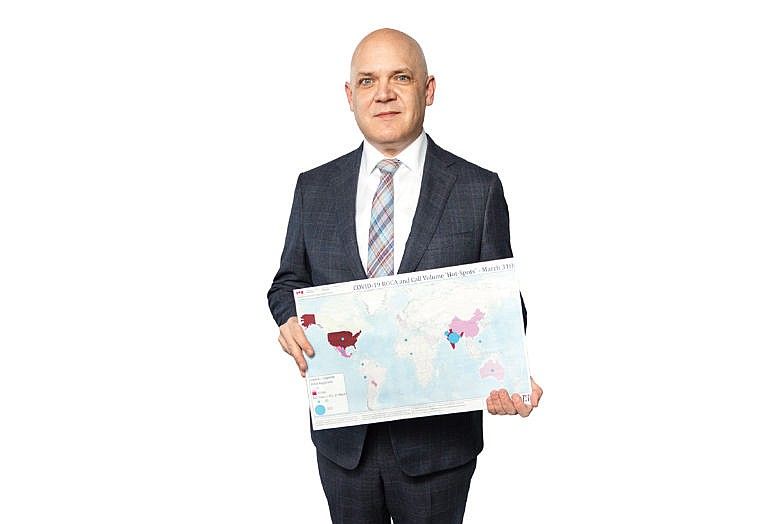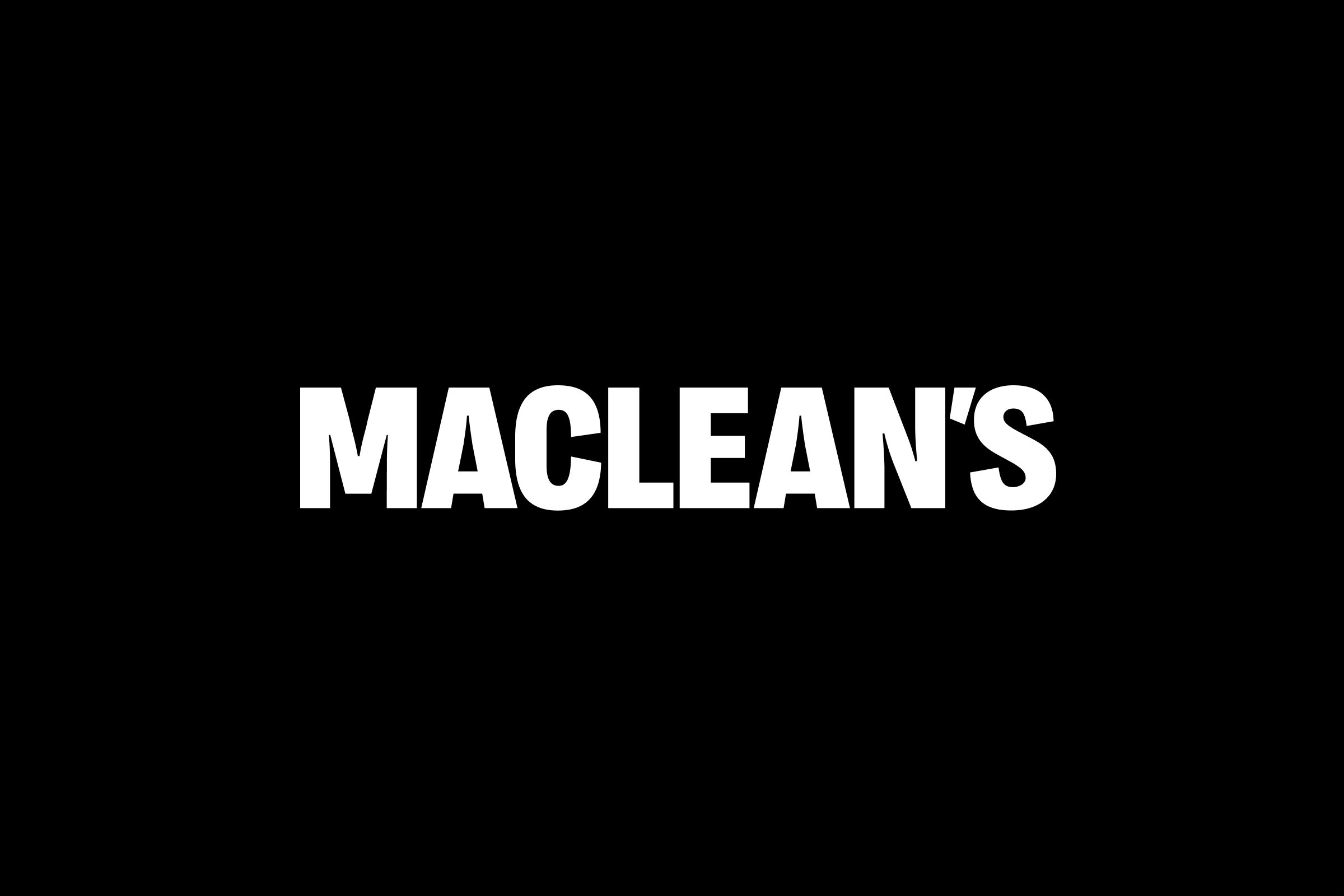repatriation
Brent Robson: The point man on the scramble to repatriate Canadians
When civilian travel ground to a halt last year, Brent Robson led efforts to bring Canadians home from the far reaches of the planet
The Supreme Court is culpable in the Omar Khadr case
The Harper government is guilty of stonewalling– but that’s largely because the Court allowed it
When you care enough to send the very best
The Harper government will mark the 30th anniversary of the Charter of Rights and Freedoms and the repatriation of the Constitution with a news release. Irwin Cotler is unimpressed.
Where will he land?
Omar Khadr may well make it back to Canada. Then what?
The “Khadr effect”
Why Stephen Harper is so afraid of Omar Khadr
Pain don’t hurt
I agree with just about every word of Wesley Wark‘s piece in today’s Ottawa Citizen, in which he argues that Canada’s policy on Omar Khadr has finally run up against “a realpolitik wall.” The new administration in Washington will want the remaining detainees at Guantanamo dealt with once and for all, and that means, like it or not, that Khadr must and shall come home. So, Wark suggests, let’s get on with figuring out how best to manage that eventuality. (The government, naturally, will have none of it.)
Between the Pundits: “Moral obligations at best”
Not surprisingly, yesterday’s report from the Foreign Affairs committee, recommending that the government demand Omar Khadr’s repatriation to face charges under Canadian law, features a written dissent from the government. It complains that the report “downplays Mr. Khadr’s alleged crimes and ties to terrorism while framing the government’s failure to repatriate him as a violation of Canadian laws,” and that it exaggerates the feasibility of trying him under Canadian law and restricting his movements, associations and activities once he returns. As position papers go, it’s not particularly substantial or groundbreaking—its basic message is “that a balance [must] be struck between individual rights and national security considerations.” But given that it’s not Peter Van Loan accusing Stéphane Dion of making sweet love to Mullah Omar, it’s pretty much the best we have to go on. So, a few thoughts:




